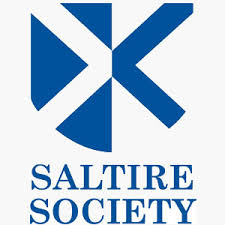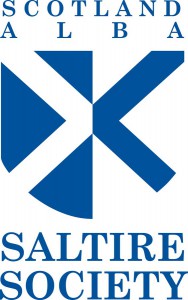The experience of being a shadow fiction judge for the Saltire Society.
I had the honour of being a shadow fiction judge for the Saltire society, six books to read, take notes and ultimately decide which one was the best. The books ran the gauntlet from the emotional, political, heartwarming, the despairing and the disturbing.
Judging and reading is an interpretive game and sometimes you need to separate the enjoyment factor and concentrate on craft, tone, intent and relevance. Perhaps, when all of those factors fail, the enjoyment factor remains the only aspect left to work with. It’s a challenge, thinking in and outside of literary factors, determining merits or lack of them. As a writer myself, I had to distance myself from the knowledge, that crafting a book, whatever the reason we choose to create, is not an easy task. A lot of work goes into the craft, a lot of doubt and second-guessing.
I know the work ethic, the difficulties and the attacks of doubt, and I owed it to the writers on the basis of knowing how aggravating and rewarding the process can be, to be as robust as possible in my analysis.
I spent the evening of the panel talking about books with my fellow shadow judges, which is probably how most of us would like to spend our evenings. The discourse and debate was lively, certainly well moderated and when the time came for a consensus, there was one question that challenged my perceptions and ultimately changed my decision.
“What is the best book, what deserves the award?”
Well, to me, these are two questions.
The best book is not necessarily the one that deserves the award. An award is a powerful thing, it creates visibility, it calls attention to both the author and the themes explored in the text. The question then becomes, who needs the award? There are, after all, some books that will always sell based on genre, subject matter and the author’s reputation. There are others that make important points, comment on society and explore culturally relevant issues that may not always be comfortable to read about. It’s possible these books may not find an audience without an award to champion it.
Another question is then raised, which is the most important book?
Bearing in mind, I had only been asked one question and my interpretation threw up four more in the space of seconds, including, is the most important book also the best book?
In a matter of seconds, I found myself asking internally if I had the right to judge, and mentally imagining myself saying to my previous decision;
“It’s not you, its definitely me. You’ll find your way.”
We all have a relationship with the books we read, and I essentially broke up with mine. Luckily there are plenty of books in the metaphorical sea. The book I eventually choose, quite simply, had a role to play that was beyond entertainment, it was a book that needed to be read.
The shadow judging was an invaluable experience, one I would be keen to repeat, armed with the knowledge that my preconceptions could be challenged by a simple question. I extend my thanks to the Saltire society; it will be interesting to find out on the 30th of November if our overall consensus matches up with the judging panel.
If you would like to get in touch, you can;
Twitter me @davidjonwinter
facebook me under David MacDonald Graham.
or LinkedIn me here:
https://www.linkedin.com/in/david-macdonald-graham-557605b1/



